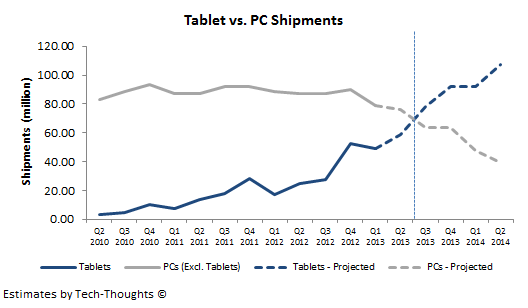Giving the upgrade away for a year should see the highest upgrade rates ever in the history of Windows.
This is a little delusional. It's not going to surpass the mass migration that Windows 7 experienced. Not a chance in hell. Businesses also aren't touching Windows 10, because Windows 7 is working fine for them, and there's no killer business feature in Windows 10 that IT decision makers are willing to accelerate their update cycle to get. Business and enterprise will remain locked into Windows 7 until 2020, talk to any IT manager or CIO.
![[H]ard|Forum](/styles/hardforum/xenforo/logo_dark.png)

